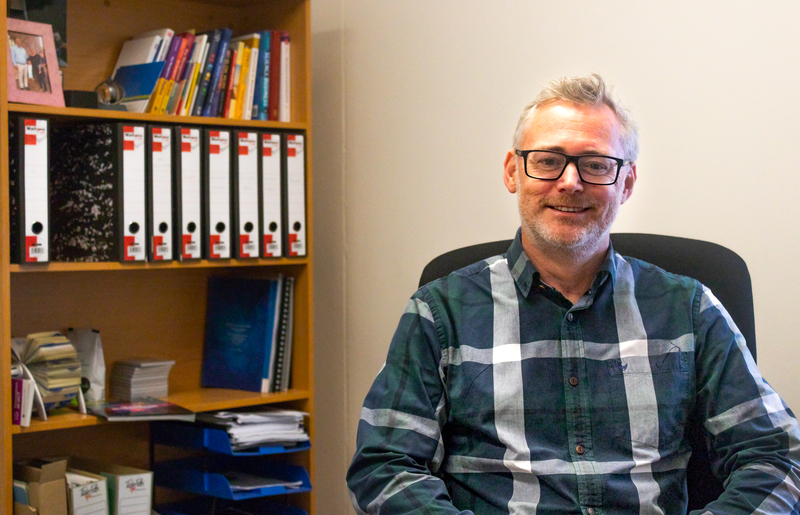Fostering technology innovation in Africa
23 July 2018 | Story Daniel Mpala. Photo Lerato Mokhethi. Read time 5 min.
Universities need to be creating new intellectual property (IP), as well as protect and mature it to facilitate industry adoption, says Dr Andrew Bailey senior manager of the University of Cape Town’s technology transfer office (TTO), Research Contracts and Innovation (RC&I).
Bailey adds that the role off academic institutions in Africa’s tech ecosystem shouldn’t stop there, he says universities should also be commercialising IP through the creation of spin-off companies or by licensing it to businesses.
And that’s what RC&I has been doing. “Currently we have 24 spin-off companies since 2004 (21 remain active) and have equity worth over an estimated R100-million in some of them. We have 125 active technologies in our portfolio and have received around R36-million in revenue since 2001 from successful commercialisation,” says Bailey.
The other key ingredient that feeds into the ecosystem, he says, are “well-trained graduates with an entrepreneurial mindset — or some exposure to the translation of research outputs into products and services in the market — this is of benefit to both large corporates as well as startups”.
The following Q&A with Bailey is part of a series Ventureburn will conduct with leading academics and organisations working on the continent, or overseas in facilitating tech innovation in Africa.
How should academic institutions be supporting innovators and startups?
It is a complex undertaking as one is looking at the needs of a range of groups within a university who have somewhat different needs — undergraduate students, as well as postgraduate students and staff. Often it is a blend of courses for credit as part of degrees, or extracurricular short modules.
UCT Career Services is helping students significantly and there is an entrepreneurship week annually and a number of programmes that help student entrepreneurs. The MTN Solution Space, located in the Graduate School of Business, runs three-month programmes for student entrepreneurs who are interested in social innovation.
For several years a variety of programmes in Science and Engineering have included courses on new venture creation in their curricula. In commerce there are undergraduate courses, as well as the Postgraduate Diploma in Entrepreneurship. The diploma is great as it provides the opportunity for experiential learning as student teams must develop products and sell them as part of the course.
UCT is also fortunate to have one of three Schools for Design Thinking that was funded by Hasso Platner, the founder of SAP. Others are in Stanford (USA) and Potsdam (Germany) and the Cape Town one brings an African flavour. The d-school brings together students from a variety of disciplines in teams that find creative solutions to problems by using specific methodology.
The thinking equips them for their careers to look at things from a different perspective and to really understand the user experience and then test the solution of key users and respond to feedback.
Read the remainder of the Q&A here...
Research & innovation





































